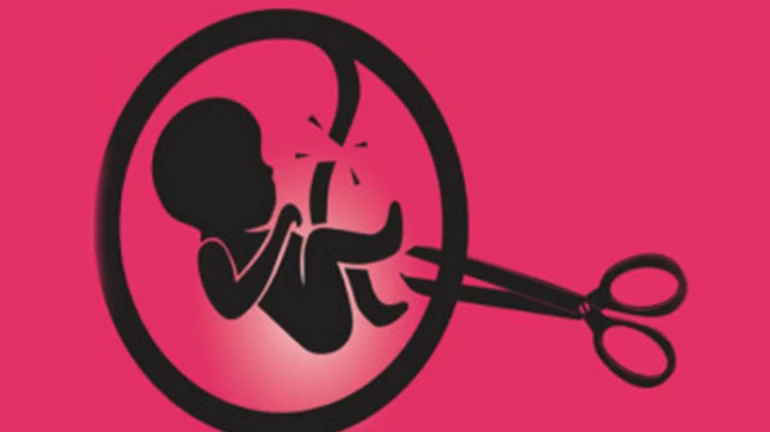
A large number of women tend to suffer from Gynaecological cancers that can take a toll on their fertility. Many women are also unaware of various fertility preservation options that can help them to conceive and fulfill the dream of motherhood.
Gynaecological cancers occur in or on a woman’s reproductive organs and even genitals. They differ from each other and impact the vulva, vagina, cervix, uterus, fallopian tubes, and ovaries. “The most common one is cervical cancer which originates from the cervix. It is caused by sexually transmitted human papillomavirus or HPV.
Uterine/endometrial cancer happens when the cells grow too rapidly on the lining of the uterus and spread to the uterine wall or cavity. The most common kind of uterine cancer is known as endometrial carcinoma. Vulvar cancer is seen on the outer parts of a woman’s genitalia, such as the labia while ovarian cancer occurs when the growth of cells that forms on a woman’s ovaries. The cells tend to multiply quickly and can invade and destroy healthy body tissue. A large number of women tend to delay childbearing beyond the age of 35, and gynecologic cancers impact a significant proportion of reproductive-age women who wish to preserve fertility for a future chance of childbearing. Gynecological cancers generally happen in the elderly age group. Cervical cancer is the early-stage cancer that can be seen in the 30 – 40 years of age group. Women with gynecologic cancers need to seek timely intervention without any delay. Each cancer will have different symptoms and treatment options depending upon the stage. The most common treatment options are chemotherapy, radiation therapy or even surgery,” said Dr. Preethika Shetty, Consultant Obstetrician & Gynecologist, Motherhood Hospitals, Kharadi.
““Gynecological cancer treatment can impact the fertility of a woman if she is of reproductive age. Surgery, chemotherapy and radiotherapy can help to tackle ovarian, cervical and endometrial cancers. Moreover, the sexual function and psychological well-being of patients are compromised due to the diagnosis of these cancers. Moreover, the loss of fertility can be disturbing and affect one’s quality of life. Thus, it is essential to preserve fertility in women diagnosed with gynecologic cancer as chemotherapy can destroy ovarian follicles, hamper the egg maturation process and reduce the quality of eggs. Even radiation therapy can lead to early ovarian insufficiency (IOP) in women,” said Dr Bharati Dhorepatil, Consultant Infertility Expert, NOVA IVF Fertility, Pune.
Dr Bharati added, “Women detected with cancer can opt for various fertility preservation options. Egg freezing (oocyte cryopreservation) is a procedure, wherein the unfertilized eggs are harvested and frozen. Embryos Cryopreservation helps in preserving female fertility. It consists of freezing the embryos that are generated before the oncological treatment with the woman's oocytes and the partner’s sperm or the donor.”





